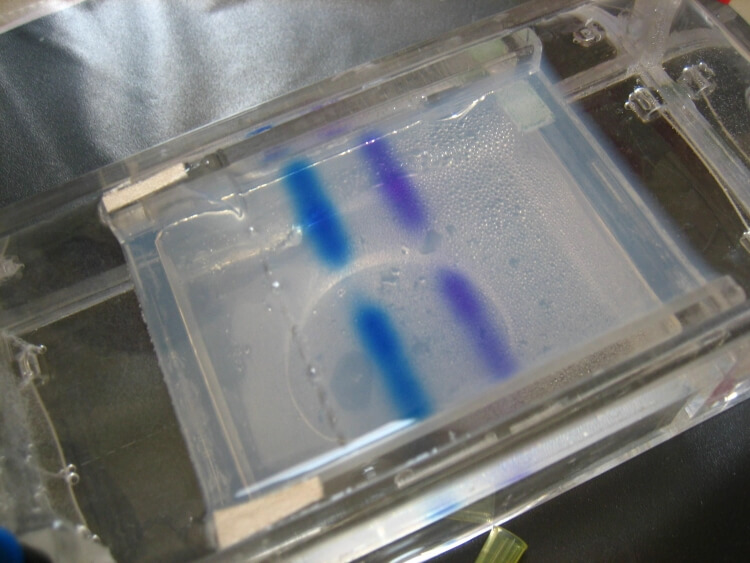3h
Human IgE(Immunoglobulin E) ELISA Kit
Human IgE(Immunoglobulin E) ELISA Kit
IgE
100ng/mL
Sandwich
0.64ng/mL
1.56-100ng/mL
Infection immunity;Immune molecule;Hematology;Autoimmunity;
ELISA Enzyme-linked immunosorbent assays Code 90320007 SNOMED
IGHE; Immunoglobulin Heavy Constant Epsilon; Ig epsilon chain C region
The test principle applied in this kit is Sandwich enzyme immunoassay. The microtiter plate provided in this kit has been pre-coated with an antibody specific to Immunoglobulin E (IgE). Standards or samples are then added to the appropriate microtiter plate wells with a biotin-conjugated antibody specific to Immunoglobulin E (IgE). Next, Avidin conjugated to Horseradish Peroxidase (HRP) is added to each microplate well and incubated. After TMB substrate solution is added, only those wells that contain Immunoglobulin E (IgE), biotin-conjugated antibody and enzyme-conjugated Avidin will exhibit a change in color. The enzyme-substrate reaction is terminated by the addition of sulphuric acid solution and the color change is measured spectrophotometrically at a wavelength of 450nm ± 10nm. The concentration of Immunoglobulin E (IgE) in the samples is then determined by comparing the O.D. of the samples to the standard curve.
E05 478 566 350 170 or Enzyme-Linked Immunosorbent Assays,E05 478 566 350 170 or Enzyme-Linked Immunosorbent Assays,Human proteins, cDNA and human recombinants are used in human reactive ELISA kits and to produce anti-human mono and polyclonal antibodies. Modern humans (Homo sapiens, primarily ssp. Homo sapiens sapiens). Depending on the epitopes used human ELISA kits can be cross reactive to many other species. Mainly analyzed are human serum, plasma, urine, saliva, human cell culture supernatants and biological samples.Immunoglobulin E (IgE) kappa or Fc specific antibody is a kind of antibody (or immunoglobulin (Ig) "isotype") that has only been found in mammals. IgE is synthesized by plasma cells. Monomers of IgE consist of two heavy chains (ε chain) and two light chains, with the ε chain containing 4 Ig-like constant domains (Cε1-Cε4). IgEs play a role in allergy and response to parasite infection. High levels of IgEs caused by parasites can lower the allergic reaction of patients to allergens common present in the human environment. As such the parasite history of an allergic patient needs to be taken in consideration as a positive factor.
